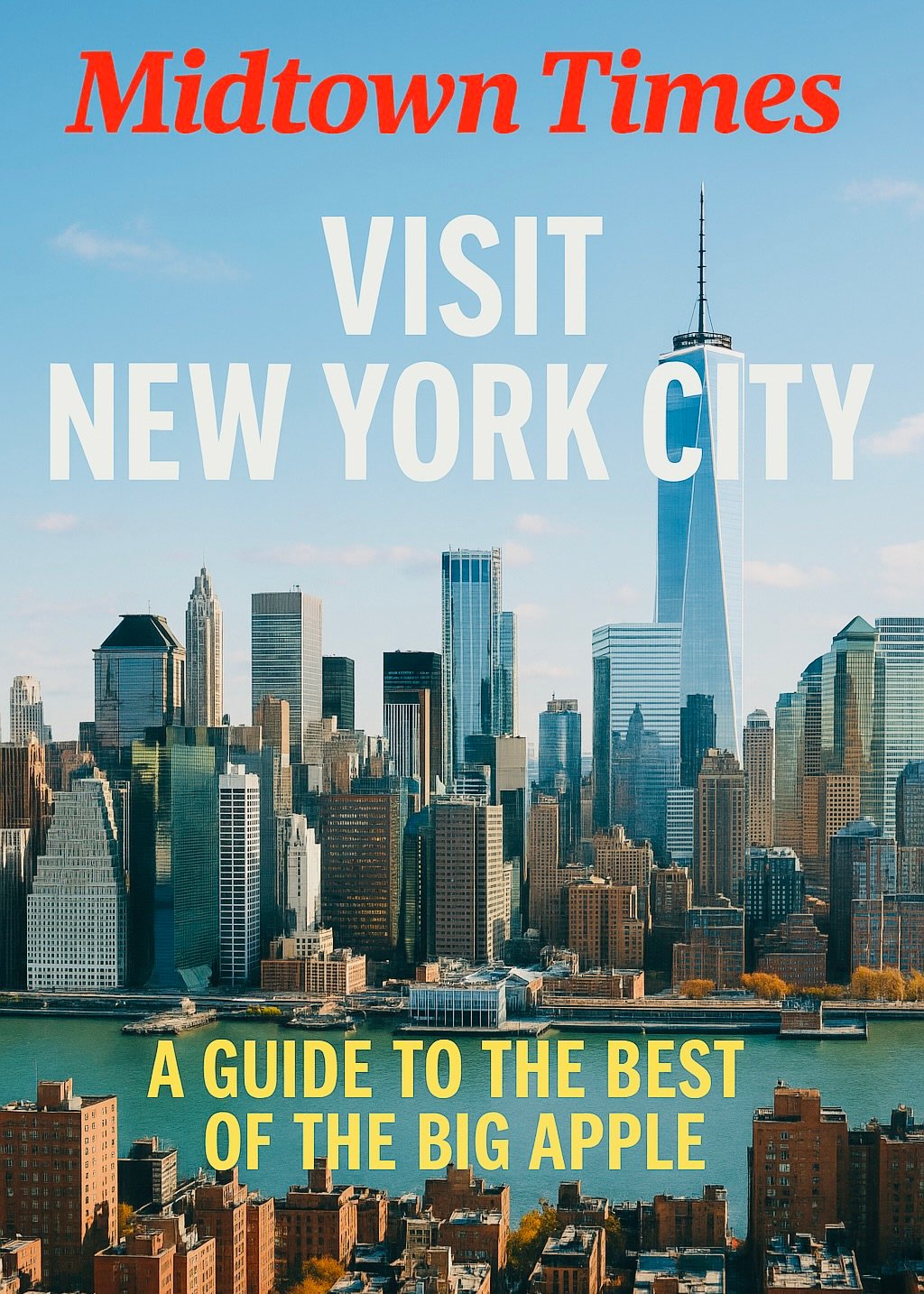A Crisis in the Ranks
New York, NY – The New York Police Department, once one of the largest and most celebrated forces in the nation, is facing an exodus of officers at levels not seen in decades. According to data obtained by amNewYork, the department has lost nearly 14,500 officers in just four and a half years—almost half of the current force.
In 2025 alone, an average of 316 officers left each month through retirements or resignations. Since January 2024, 5,248 officers have departed while only 4,244 new recruits have been hired, leaving the department struggling to close the gap.
As of August, the NYPD’s headcount stands at 33,740, short of its authorized strength of just over 35,000 and far below its early-2000s high of more than 40,000 officers.
Burnout on the Beat
Behind these statistics are personal stories of fatigue, strain, and disillusionment. One recently retired officer, identified only as John, told amNewYork that the relentless workload took a heavy toll on his life and the lives of those around him.
“It doesn’t just affect you,” John explained. “It affects your wife, your kids, your extended family. I had to ask friends to walk my son to school because I’d be stuck on a shift. The job bleeds into every corner of your life.”
Despite being part of a specialized unit, John was often reassigned to routine patrols because of staffing shortages. “They invest in your training, but then use you like a rookie. It’s crushing,” he said.
Better Pay Elsewhere
Many departing officers are not leaving policing altogether; they are heading to departments that promise better pay and more predictable schedules. Suffolk County, for example, is preparing to welcome 21 former NYPD officers this month. While Suffolk’s starting salary is lower than the NYPD’s, pay there rises dramatically, reaching nearly $190,000 after eight years. By comparison, NYPD salaries max out at about $126,000 after five and a half years.
This wage gap, combined with heavy workloads and long shifts, has become a major factor pushing officers to suburban and out-of-state departments.
Recruitment Push, Retention Struggles
NYPD officials say they are taking steps to reverse the trend. The department has waived application fees for upcoming exams, lowered the minimum applicant age to 20, and reduced college-credit requirements for new recruits. Commissioner Jessica Tisch has also sought to make the academy experience more attractive by granting additional credits to graduates.
The most recent graduating class of nearly 1,000 officers, the largest since 2016, was touted as a sign of renewed interest in policing. “This is a department and a profession that is once again attracting young and bright talent,” an NYPD spokesperson said.
Yet these efforts have not offset the losses. In 2025 so far, 1,807 officers have retired while another 517 quit outright.
The Union’s Warning
Police Benevolent Association President Patrick Hendry argues that unless working conditions change, the exodus will continue. “The staffing crisis is taking an enormous toll on our members’ families, their physical health, and their mental well-being,” Hendry said. “The city must do more than recruit—it must retain. That means competitive pay, more time off, predictable schedules, and treating cops like professionals.”
A Heavy Burden
John, the retired officer, said he left reluctantly after realizing that the ratio of officers to residents was becoming untenable. “On average, each of us is responsible for nearly 400 people,” he noted. “I joke that I can barely control my two kids, how do you expect me to handle 395 strangers, running on two or three hours of sleep, without making mistakes?”
His words reflect the growing sentiment among officers that the city they swore to protect has become too demanding and too unforgiving.
What’s Next for New York’s Finest?
The NYPD’s shrinking force raises questions about public safety in the nation’s largest city. With fewer officers on the street, response times and morale may suffer, while the lure of higher salaries and better conditions elsewhere continues to drain talent from New York.
Unless the city can find a way to both replenish and retain its ranks, New Yorkers may find themselves increasingly vulnerable as the “blue line” thins month by month.
By Midtown Times Staff
Adapted from reporting by amNewYork


